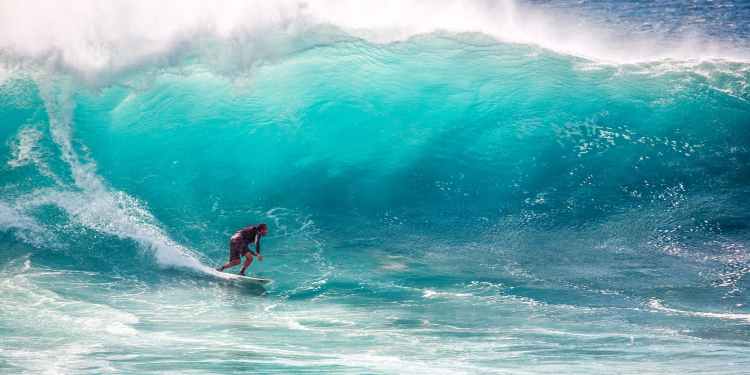This page contains a list of research related to the psychological aspects of sports injury published in 2017. Its aim is to be a resource for students and researchers investigating the topic. It is a ‘work in progress’ and will be updated throughout the year. If you are aware of a piece of research that you think should be added to this list please add it using the ‘leave a reply’ box at the bottom of the page. Please note that inclusion in this list does not count as an endorsement of the article.

Alexanders, J. & Douglas, C. (2017). The role of psychological skills within physiotherapy: a narrative review of the profession and training, Physical Therapy Reviews, DOI: 10.1080/10833196.2016.1274352
Arvinen-Barrow, M., & Clement, D. (2017, January (1st Quarter/Winter)). Preliminary investigation into sport and exercise psychology consultants’ views and experiences of an interprofessional care team approach to sport injury rehabilitation. Journal of Interprofessional Care, 31(1), 66-74.
Arvinen-Barrow, M., Hurley, D. & Ruiz, M.C. (2017). Transitioning out of professional sport: the psychosocial impact of career-ending injuries among elite Irish rugby football players. Journal of Clinical Sport Psychology, 11(1), 67-84.
Bhasavanija, T & Kuan, G. (2017). The effect of warmth imagery on physiological, physical and psychological states among injured youth sepak takraw athletes. a case study design. International Journal of Sport, Exercises and Health Research, 1(1), 35-40.
Carson, F. & Polman, R.C.J. (2017). Self-determined motivation in rehabilitating professional rugby union players. BMC Sports Science, Medicine and Rehabilitation, 9:2.
Gerometta, A., Klouche, S, Herman, S., Lefevre, N. & Bohu, Y. (2017). The shoulder instability-return to sport after injury (SIRSI): a valid and reproducible scale to quantify psychological readiness to return to sport after traumatic shoulder instability. Knee Surgery, Sports Traumatology, Arthroscopy, 26(1), 203-211.
Gnacinski, S. L., Cornell, D. J., Meyer, B. B., Arvinen-Barrow, M., & Earl-Boehm, J. E. (2016, December). Functional Movement Screen Factorial Validity and Measurement Invariance Across Sex Among Collegiate Student-Athletes. Journal of Strength and Conditioning Research, 30(12), 3388-3395.
Heaney, C. A., Rostron, C. L., Walker, N. C., & Green, A. J. (2017). Is there a link between previous exposure to sport injury psychology education and UK sport injury rehabilitation professionals’ attitudes and behaviour towards sport psychology?. Physical Therapy in Sport, 23, 99-104.
Heaney, C.A., Walker, N.C., Green, A.J.K. & Rostron, C.L. (2017). The impact of a sport psychology education intervention on physiotherapists. European Journal of Physiotherapy, 19(2), 97-103.
Ivarsson, A., Tranaeus, U, Johnson, U. & Stenling, A. (2017). Negative psychological responses of injury and rehabilitation adherence effects on return to play in competitive athletes: a systematic review and meta-analysis. Open Access Journal of Sports Medicine, 8, 27-32.
Maurice, S., Kuklick, C & Anderson, M. (2017). Providing social support to injured athletes: applications of the international sport coaching framework. International Journal of Physical Education, Sports and Health, 4(5), 166-175.
Zach, S., Dobersek, U., Filho, E., Inglis, V. & Tenenbaum, G. (2017). A meta-analysis of mental imagery effects on post-injury functional mobility, perceived pain, and self efficacy. Psychology of Sport and Exercise.

One thought on “New research (2017): Psychological aspects of sports injury”